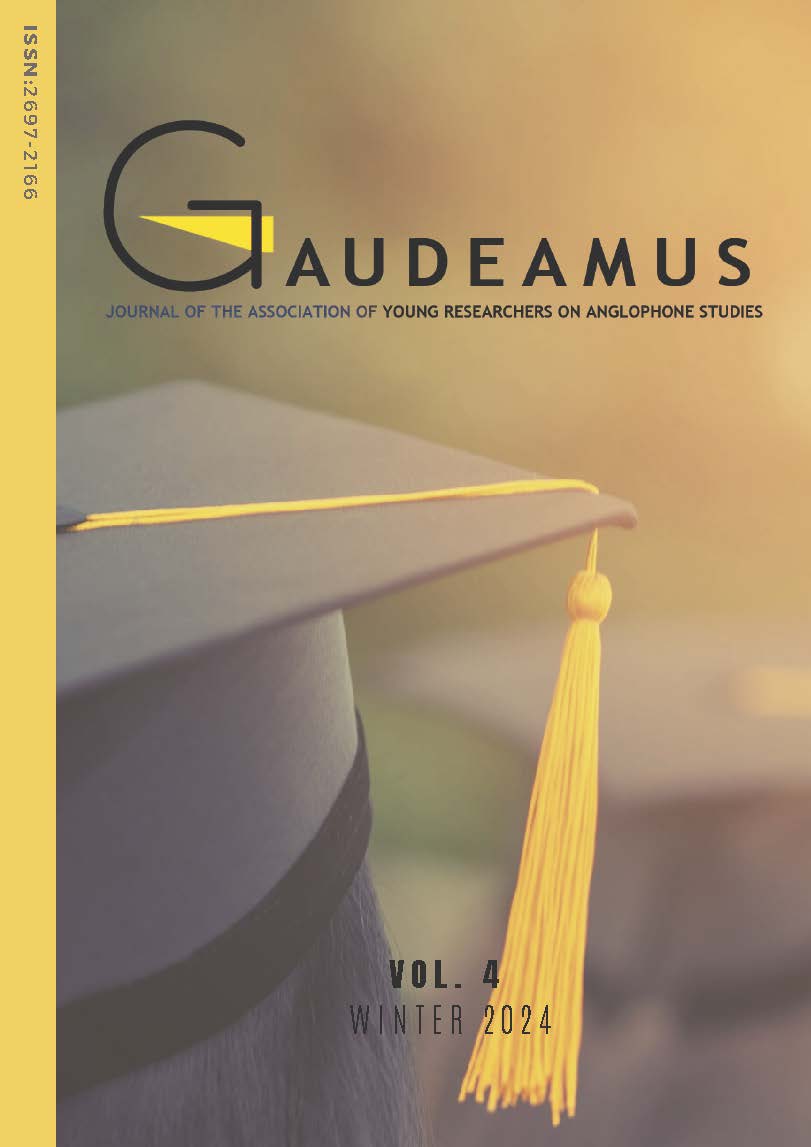Abstract
Drawing from theories of caretaking/caregiving (DeFalco 2010, 2012) and institutional spaces (Goffman 1961; Jamieson 2014), this essay aims at shedding light on the experience of dementia and memory loss as it is transferred to a narrative mode. Alice Munro, a Canadian author, aptly revolves around depictions of illness and care relations driven by her own experience with mental and physical deterioration. In her book Hateship, Friendship, Courtship, Marriage (2001), the author unravels the many experiences of illness and their impact on identity and subjectivity. However, this essay will focus on one of these short stories, “The Bear Came Over the Mountain,” and its take on dementia, institutional spaces and care relations. The narrative of illness presented in Munro’s story pivots around the nature of care relations and its aim is twofold: a portrayal of the afflicted—age, loss of memory and defamiliarization—and as a report of the witness who cannot place himself completely in nor completely out of the deterioration process. Drawing from a correspondence between memory and identity, caretakers/caregivers and institutional authority, visitors and patients, this essay ultimately analyzes how characters reveal instances of vulnerability, resistance and resilience through the interaction and collaboration between themselves and their roles as well as the mediation of institutional space in such care relations.
References
Balestra, Gianfranca. 2016. “Aging, Memory and Identity: Alice Munro’s “The Bear Came Over the Mountain” and “In Sight of the Lake.” Oltroceano. L’identità canadese tra migrazioni, memorie e generazioni, edited by Silvana Serafin, Alessandra Ferraro and Daniela Ciani Forza, 11: 21-30.
Berndt, Katrin and Henke, Jennifer. 2017. “Love, Age, and Loyalty in Alice Munro’s “The Bear Came Over the Mountain” and Sarah Polley’s Away from Her.” Care Home Stories: Aging, Disability, and Long-Term Residential Care, edited by Sally and Ulla Kriebernegg. Bielefeld: Transcript Verlag: 203-224. https://doi.org/10.1515/9783839438053-018
Butler, Judith. 2016. “Rethinking Vulnerability and Resistance.” Vulnerability in Resistance, edited by Judith Butler, Zeynep Gambetti and Leticia Sabsay. Durham and London: Duke UP: 1-19.
DeFalco, Amelia. 2012. “Caretakers / Caregivers: Economies of Affection in Alice Munro”. Twentieth Century literature, 58.3: 377-398.
DeFalco, Amelia. 2010. Uncanny Subjects: Aging in Contemporary Narrative. Columbus: Ohio State University Press.
Fraile-Marcos, Ana María. 2018. “Chapter 4: Embodied Shame and the Resilient Ethics of Representation in Alice Munro’s ‘The Bear Came Over the Mountain.’” Ethics and Affects in the Fiction of Alice Munro. Eds. Amelia DeFalco and Lorraine York. Leeds and Hamilton: Palgrave Macmillan: 57-77.
Fraile-Marcos, Ana María. 2020. “Introduction: Glocal Narratives of Resilience and Healing”. Glocal Narratives of Resilience. Ed. Ana María Fraile-Marcos. New York: Routledge: 1-20.
Goffman, Erving. 1961. Asylums: Essays on the Social Situation of Mental Patients and Other Inmates. New York: Anchor Books, Doubleday & Company.
Goldman, Marlene, and Sarah Powell. 2015. “Alzheimer’s, Ambiguity, and Irony: Alice Munro’s “The Bear Came Over the Mountain” and Sarah Polley’s Away from Her.” Canadian Literature, 225: 82-99.
Ventura, Héliane. “The Skald and the Goddess: Reading “The Bear Came Over the Mountain” by Alice Munro.” Journal of the Short Story in English, 55: 173-185.
Jamieson, Sara. 2014. “Reading the Spaces of Age in Alice Munro’s ‘The Bear Came Over the Mountain’”. Mosaic: An Interdisciplinary Critical Journal, 47.3: 1-17.
McGill, Robert. 2008. “No Nation but Adaptation: “The Bear Came Over the Mountain,” Away from Her, and What it Means to Be Faithful.” Canadian Literature, 197: 98-111.
Munro, Alice. 2001. “The Bear Came Over the Mountain”. Hateship, Friendship, Courtship, Loveship, Marriage. New York: Vintage International: 275-323.
Price, Patricia L. 2013. “Place”. The Wiley-Blackwell Companion to Cultural Geography. Eds. Nuala C. Johnson, Richard H. Schein, and Jamie Winders. John Wiley & Sons, Ltd, 118-129. https://doi.org/10.1002/9781118384466.ch13
Simal, Begoña. 2014. “Memory Matters: Alice Munro’s Narrative Handling of Alzheimer’s in “The Bear Came Over the Mountain” and “In Sight of the Lake.” Miscelánea: A Journal of English and American Studies, 50: 61-78.

